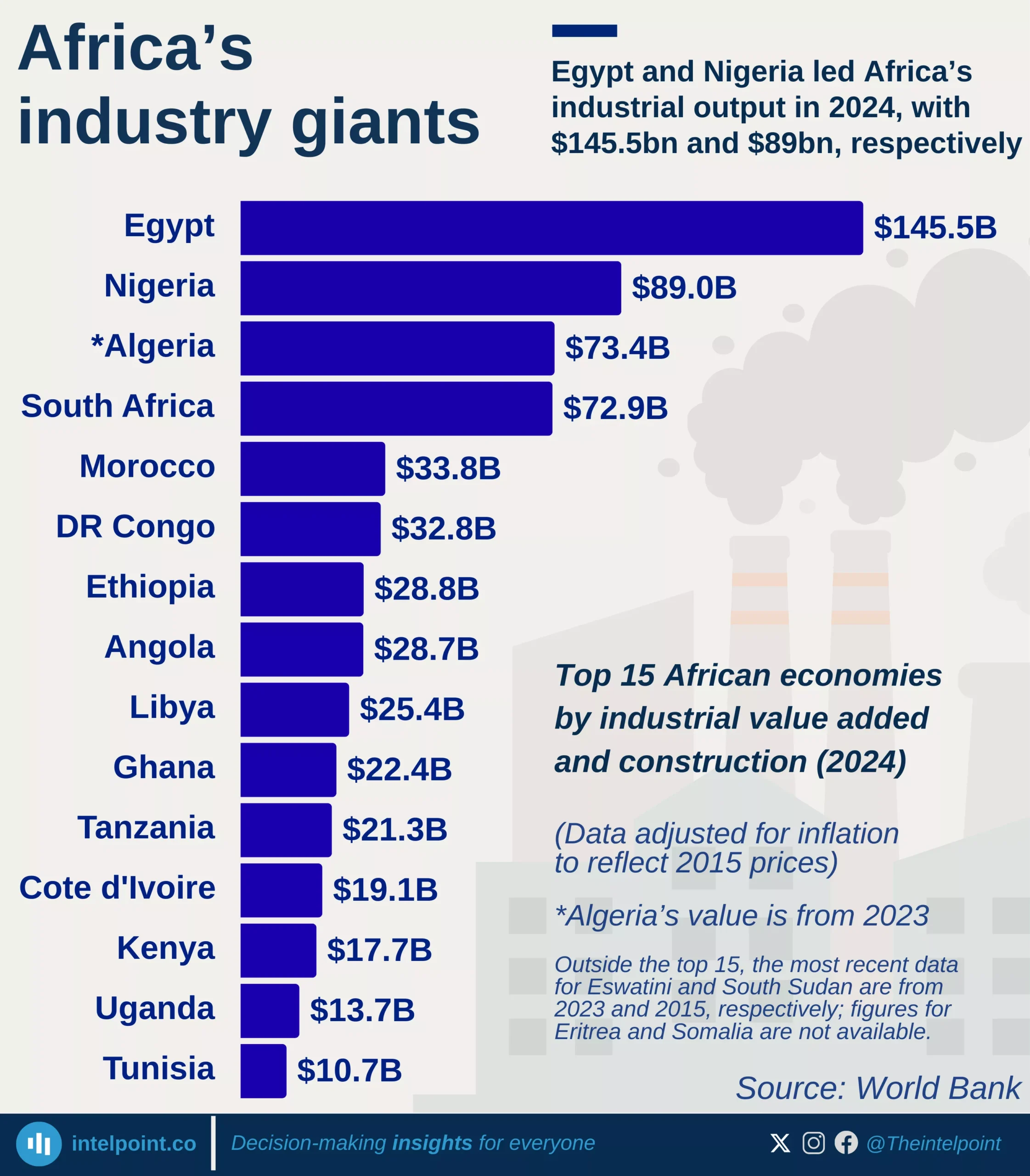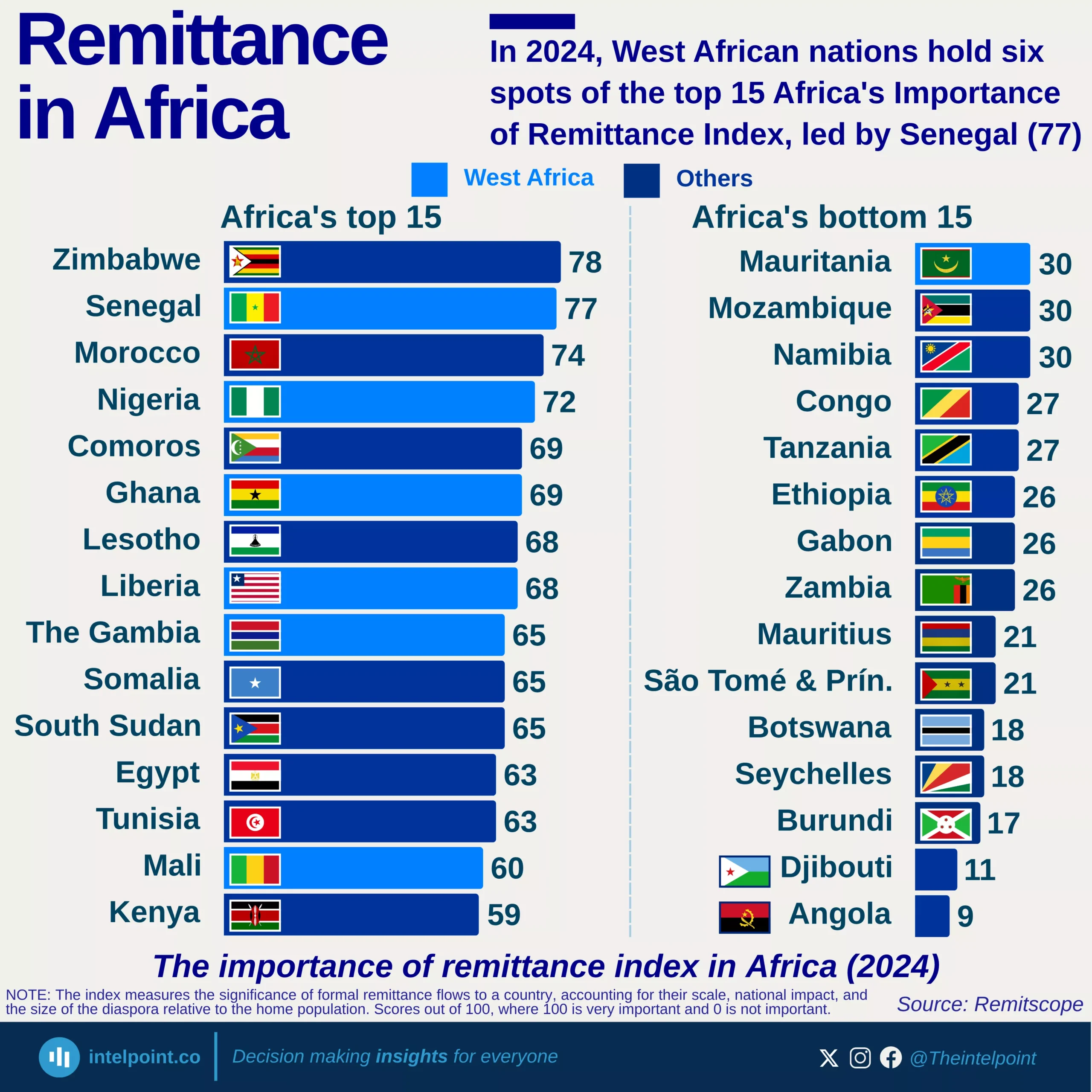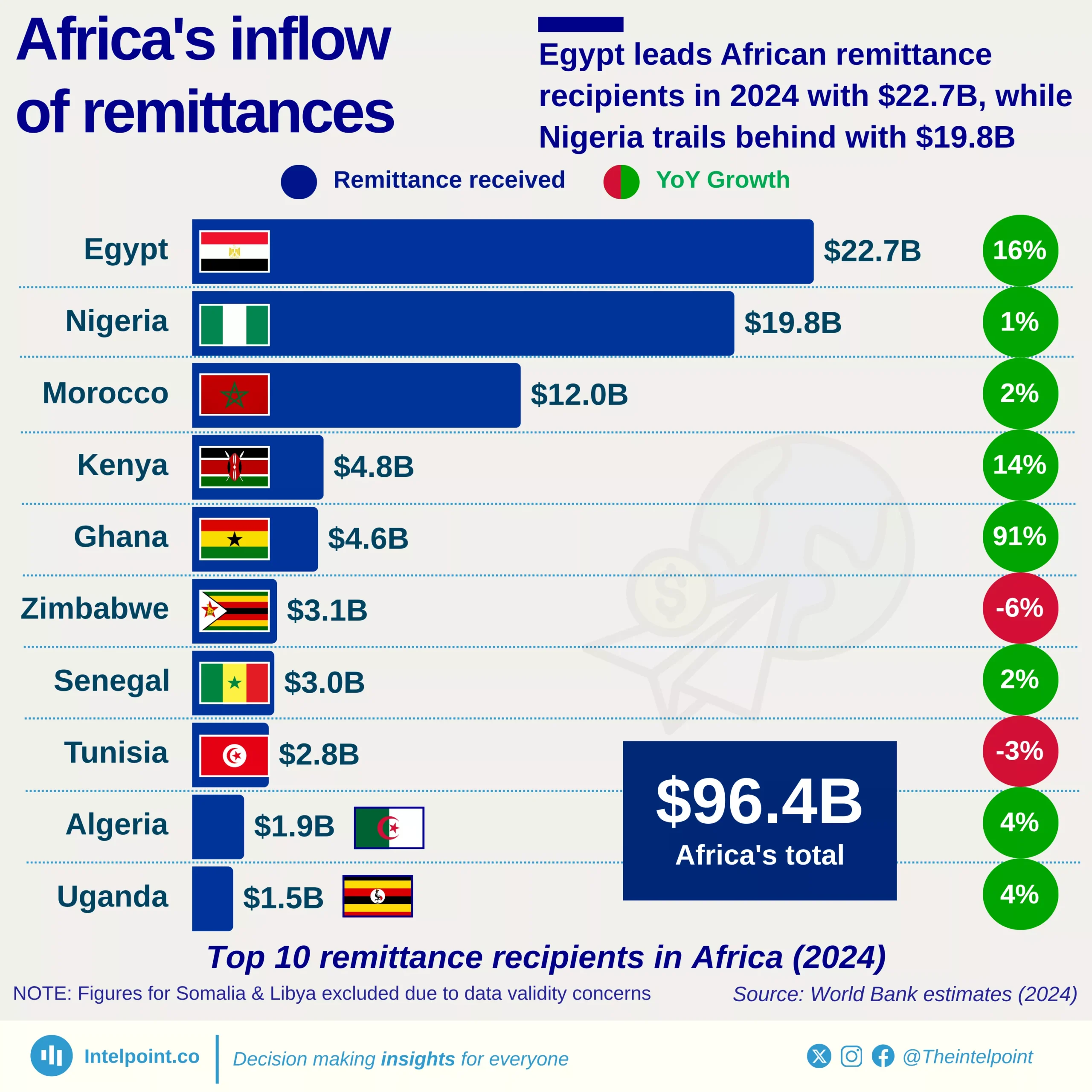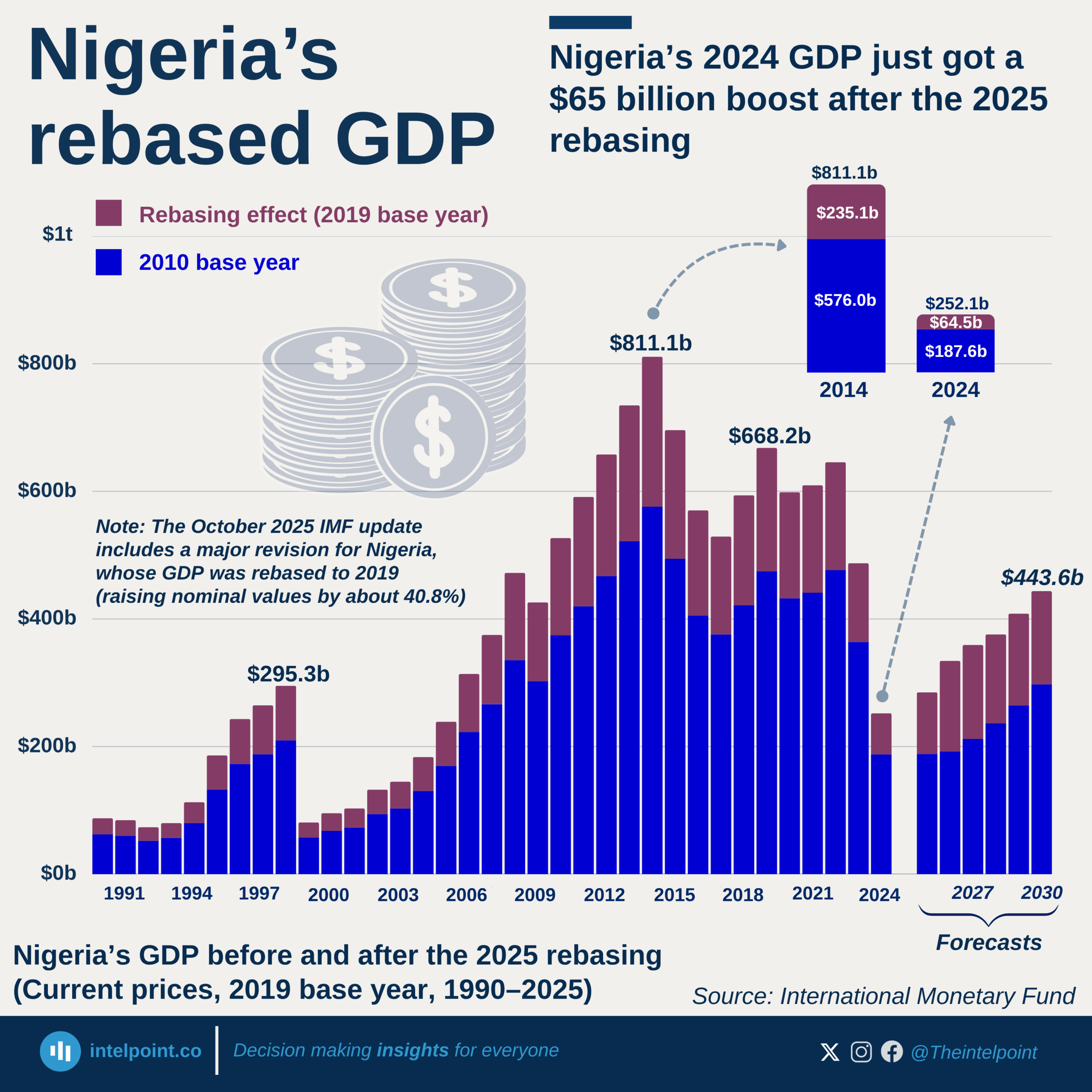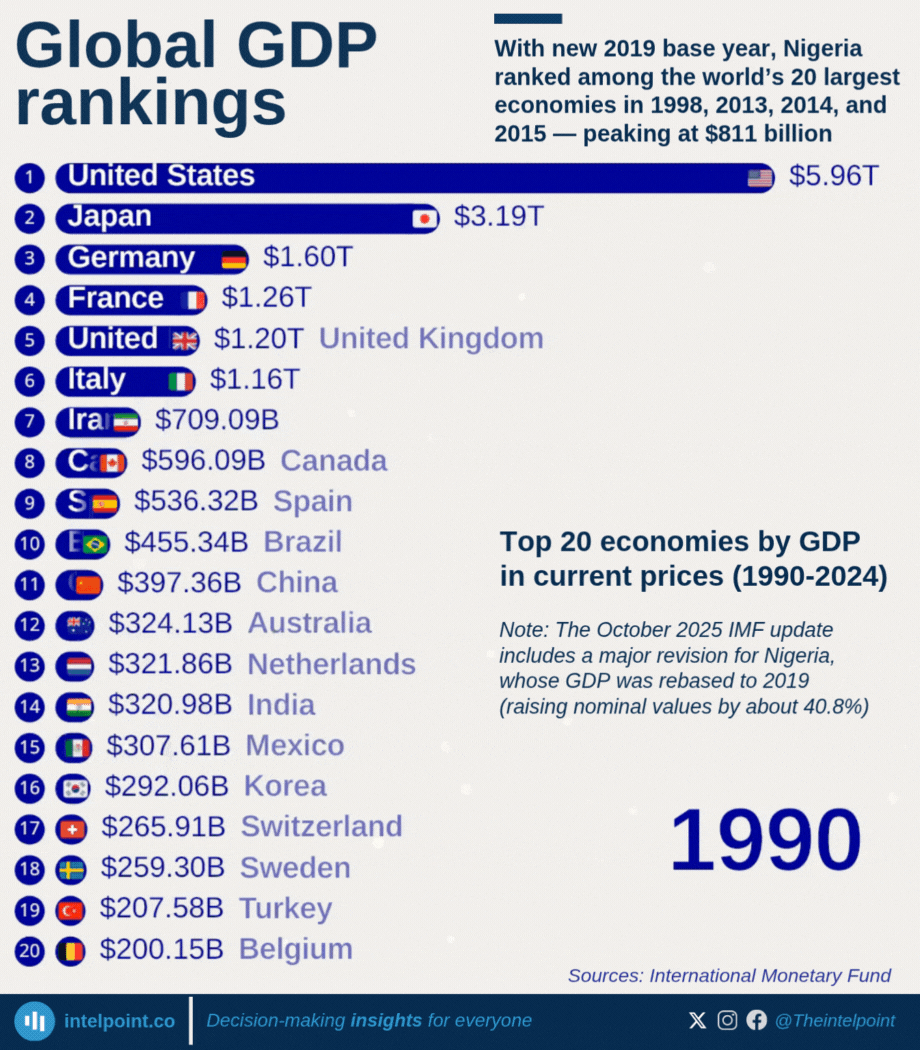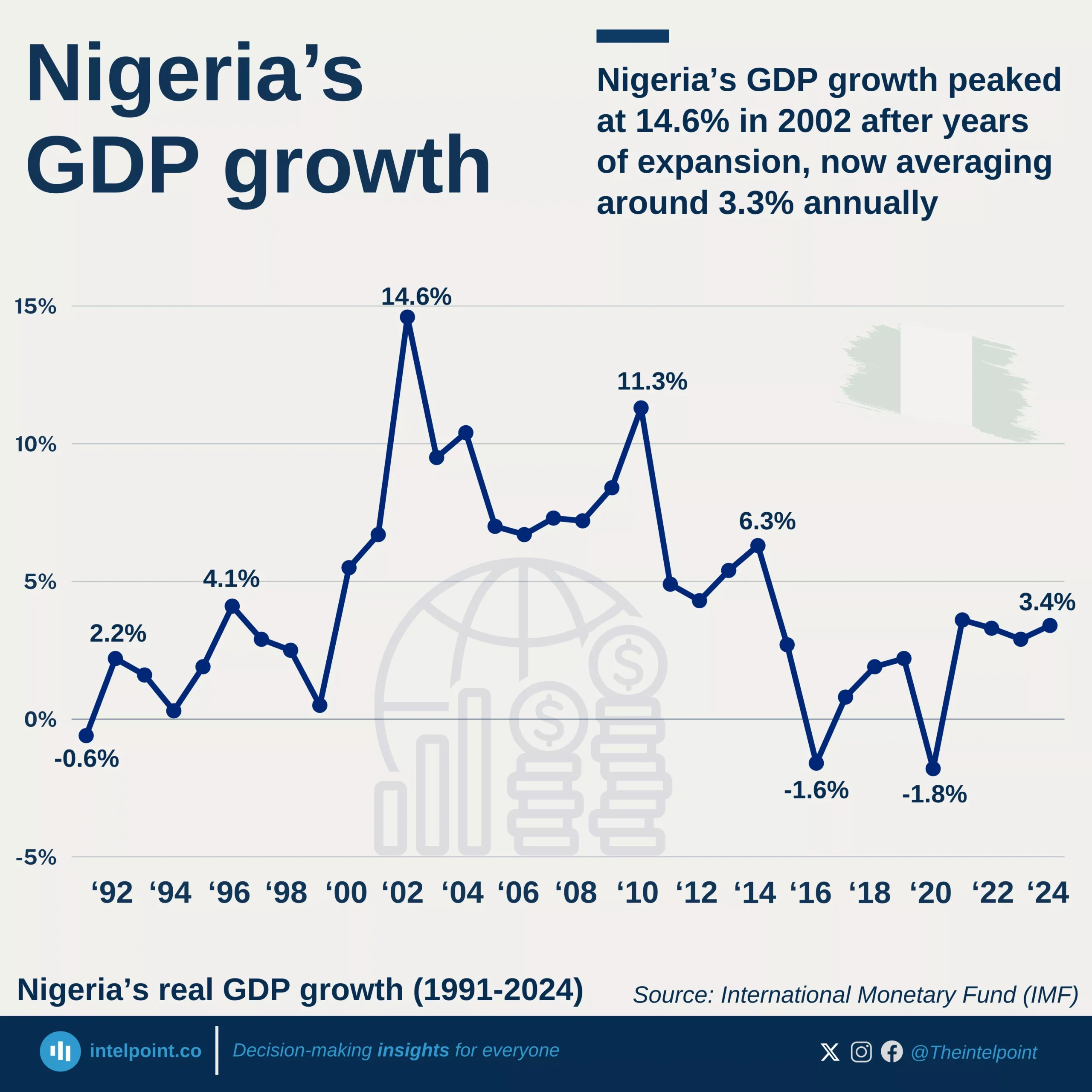Remittances play a vital role in supporting African economies, serving as a critical financial lifeline for millions of households.
In 2024, The Gambia led the continent in remittance contributions, accounting for 21.1% of its GDP, followed closely by Lesotho (20.9%) and the Comoros (18.3%).
These figures underscore the significant dependence of some African nations on remittances from citizens working abroad, which often surpass other major sources of foreign income, such as exports or aid.
